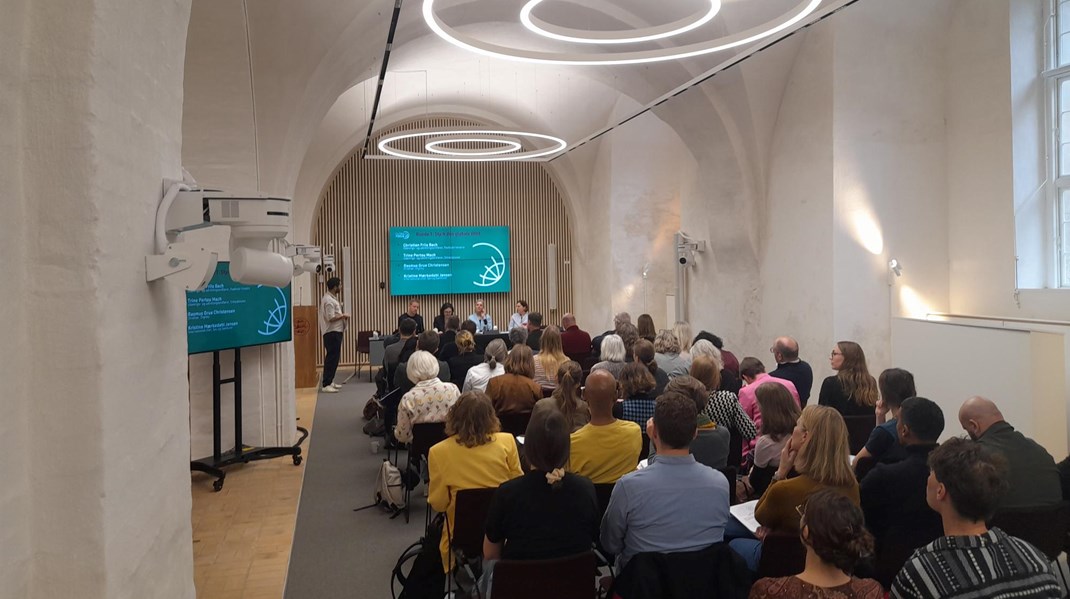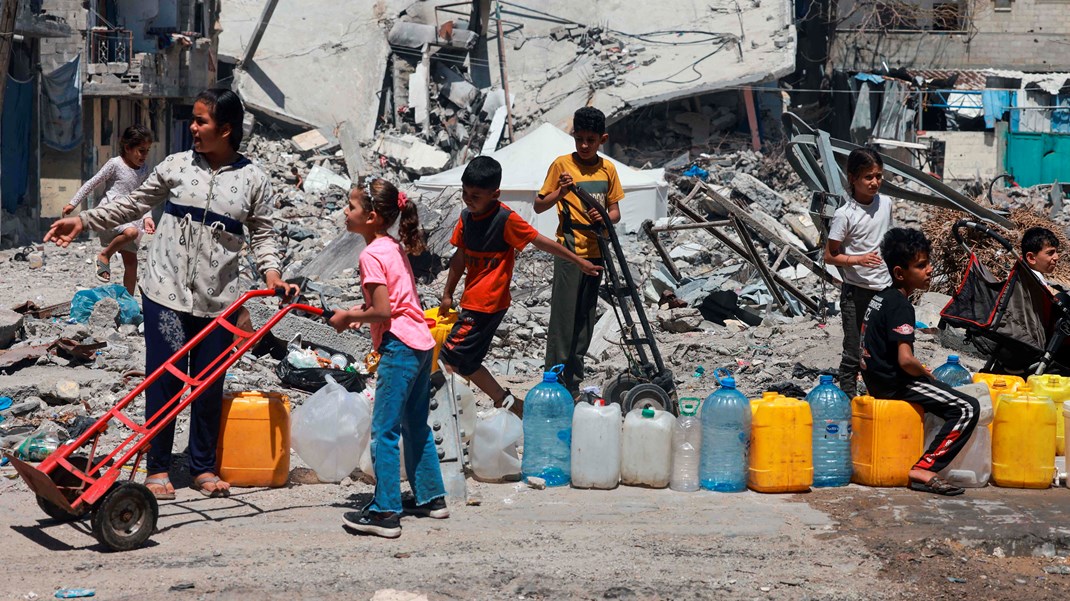Idlib, Syria: “We are faced with a humanitarian disaster unfolding before our eyes” – UN humanitarian chief
As delivered
New York, 18 June 2019
Mr. President,
You will all have seen what the Secretary-General said earlier today, which Rosemary has also just referred to.
I briefed this Council one month ago on the worsening humanitarian situation in Idlib. Ten days later, my deputy alerted you to further violence and destruction. Violence, involving Syrian Government forces and their allies, armed opposition forces, and the Security Council-listed terrorist organization Hayat Tahrir al-Sham, continued throughout the holy Eid al-Fitr period.
It has still not stopped despite the announcement of a truce on 12 June.
Over the last six weeks, the conduct of hostilities has resulted in more than 230 civilian deaths, including 69 women and 81 children. Hundreds more have been injured.
Since 1 May, an estimated 330,000 people have been forced to flee their homes, moving northwards towards the border with Turkey. That's almost double Mr. President the number of newly displaced people since my last briefing to you.
A recent rapid assessment found that many of them have moved multiple times since the start of the conflict, some of them have moved as often as ten times. This is a particular feature of the Idlib area. People fled initially from other parts of Syria, then people moved again and again and again, constantly searching for safety.
Camps for the displaced people are overcrowded, with many people forced to stay in the open. Those who remain in towns and villages close to the fighting live in constant fear of the next attack. Many are crowding into basements, seeking refuge from air strikes, volleys of shells and mortar rounds, from fighting which continue to threaten what is left of their homes.
Hospitals, schools and markets have been hit. Power stations have been affected. Crops have been burned. Children are forced out of school.
We have had reports this morning of another 19 people killed yesterday by airstrikes and artillery shelling.
And this past weekend, civilians were killed by mortar and rocket attacks in the Al-Wadehy area to the south of Aleppo city.
In short, we are facing with a humanitarian disaster unfolding before our eyes. There is no denying the facts.
Mr. President,
The UN and its partners have been responding with emergency food assistance through ready-to-eat rations, reaching more than 190,000 people in May.
In addition, the UN and its partners have been reaching nearly 800,000 people with general food assistance.
Water, health and sanitation supplies have been distributed to some 180,000 displaced people, and water trucking has been made available to people in some 342 camps and informal settlements.
None of this, incidentally, would have been possible if this Council had not renewed resolution 2165. Cross-border assistance remains the only means of reaching people in and around Idlib.
The UN and the brave humanitarian workers on the ground are doing all they can. They are risking their lives to help others.
But the response is stretched and a further increase in need brought on by additional fighting would risk seeing it overwhelmed.
Mr. President,
To this day, we continue to receive reports of attacks impacting civilian infrastructure, including schools and hospitals. Since April, according to reports, 37 schools have been affected. More than 250,000 children are out of school. Some 400,000 students have had their exams cancelled. And 94 schools are currently being used as shelters. As UNICEF said last week, no parent should fear sending their child to a school that may be bombed later that day.
I need to remind you again Mr. President of the incidents affecting health facilities. 26 incidents affecting healthcare facilities in northwestern Syria have been confirmed by the World Health Organization since late April. Eight more than when I last briefed you.
Two of those facilities were located in an area controlled by the Government of Syria.
Many other hospitals have closed out of fear of being attacked. These attacks don't just claim innocent lives. They also deprive thousands of civilians of basic health services, even as fighting intensifies around them.
Mr. President,
As you know, some of these hospitals had been deconflicted through the UN's de-confliction mechanism. All parties have specific obligations to refrain from attacking protected sites under international humanitarian law, regardless of whether they have been de-conflicted or not. It is appalling that these sites were hit in the first place. But hitting a facility whose coordinates were shared as part of the UN's de-confliction system is simply intolerable.
A number of partners now feel that supplying geographical coordinates to be given to the warring parties effectively paints a target on their backs. Some have drawn the conclusion that hospital bombings are a deliberate tactic aimed at terrorizing people. This whole episode raises deep questions about the de-confliction system. We are discussing this internally, and I will tell you what our conclusions are at the regular monthly humanitarian briefing that we are due to give you next week.
Mr. President,
Security Council-listed terrorist group Hayat Tahrir al-Sham (HTS) has a significant presence in Idlib and is responsible for its own share of the suffering there.
Countering HTS is plainly a major challenge. But counter-terrorism efforts cannot in any way absolve States of their obligations to uphold international humanitarian law.
And that is the bottom line, Mr President, just as the Secretary-General said earlier, international humanitarian law must be upheld and attacks on civilians and civilian infrastructure need to stop and they need to stop immediately.
Thank you, Mr. President.


